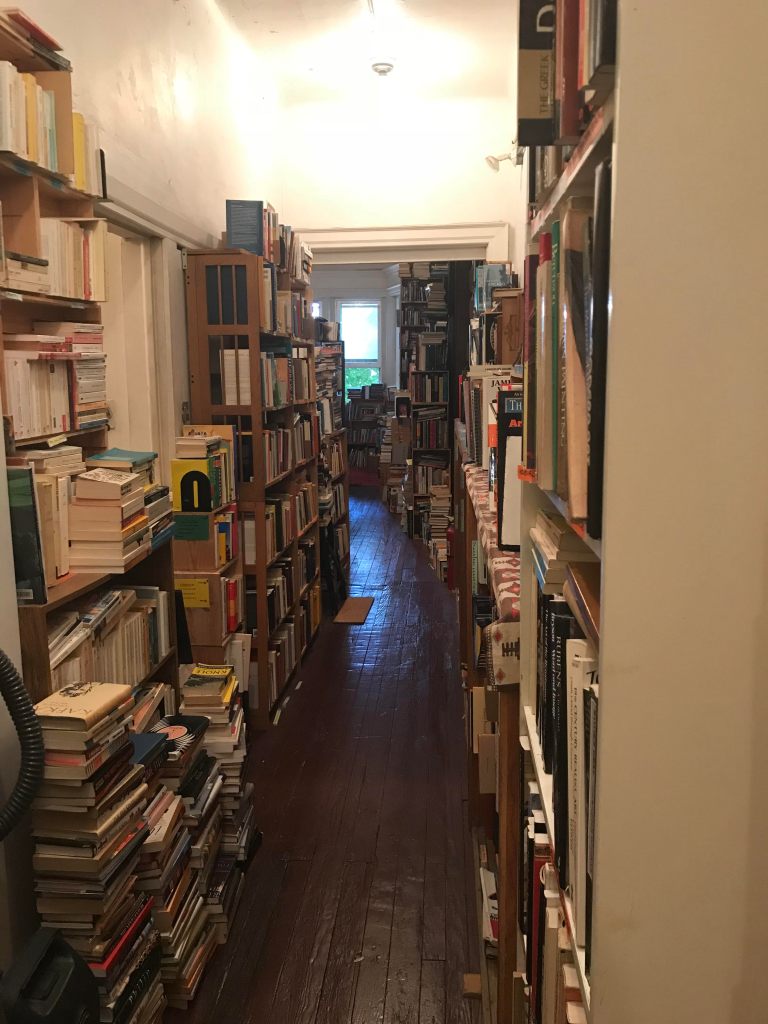Originally posted on October 20, 2010
Pictograph. Bar Graph. Line Graph. Epigraph. If you’re thinking this is going to be a lesson in math, rest assured — it’s not! :-)
Even though there is a concept of ‘epigraph’ in math, today I’m using this word very much in the context of writing.
Merriam Webster online defines an epigraph as:
A quotation set at the beginning of a literary work or one of its divisions to suggest its theme.
Epigraphs are quotations, or phrases or poems, you find in some books at the beginning of each chapter. They are usually related to the theme of either that chapter or that of the whole book. They can be extracted from any number of sources: excerpts from a well-known book, folk sayings, or quotes of famous personalities, to name a few.
(I’m not sure why whoever coined this term couldn’t make up a more writerly-sounding word for it. You know what I mean?)
Here’s one excerpt topping chapter six of the book Rueful Death from Susan Albert Wittig’s China Bayles Mystery series. China is an ex-criminal lawyer, who has hung up her coat in favor of retiring to a small town in Texas where she owns and runs a small herb store and a tea shop. On the side, she keeps habitually happening upon dead bodies and solving the mysteries surrounding them, thus getting the necessary fix for her analytical side.
If gun-flints are wiped with rue and vervain, the shot must surely reach the intended victim, regardless of the shooter’s aim.
— C.M.Skinner
Myths and Legends of Flowers, Trees, Fruits, and Plants
On my part, as a reader, such quotations make way for delicious meanderings such as:
— Does the verb rue (which is known to have been first used in the 12th century) as in to regret have its origin in the herb of the same name?
— Were the qualities of various herbs as legendary in the East as they were in the West?
And, whenever I come across any tidbit about the different medicinal plants, I begin to crave the latest book of the series. Isn’t that one of the better and innovative ways to make a series more memorable?
Another good example for an epigraph is from chapter ten of the fascinating O Jerusalem by Laurie King. (It is one of the books from her series: Novels of suspense featuring Mary Russell and Sherlock Holmes. If you enjoy reading Sir Conan Doyle’s Sherlock Holmes Mysteries, then this series is a must for you.)
The human body floats without exertion on the surface, and can be submerged only with difficulty; but swimming is unpleasant, as the feet have too great a tendency to rise to the surface.
— BAEDEKER’s Palestine and Syria, 1912 Edition
Before you shudder, the passage above is merely talking about taking a dip in the Dead Sea (or Salt Sea), which the heroine, Mary Russell, proceeds to do in the chapter crowned by the words above.
Doesn’t the phrase — delivered in a most earnest and no-nonsense manner — make you want to get your hands immediately on that edition of Baedeker’s travel guide?
Here’s another excerpt from Laurie King’s O JERUSALEM:

Epigraphs, for me, are:
- A (fun) way to get readers to think about what may or may not happen in the chapter they’re about to read.
- One means to bring out the subplot(s), obscured by the main plot line, a reader may not stumble upon otherwise.
- An inkling of the playfulness of the author.
- Tiny windows into the thought-process of the author and how he/she views the book in question. How a reader perceives a book is not always similar to how the author has envisioned it. Epigraphs help close the distance between the two.
Have you run into any good epigraphs you’d like to share?







































